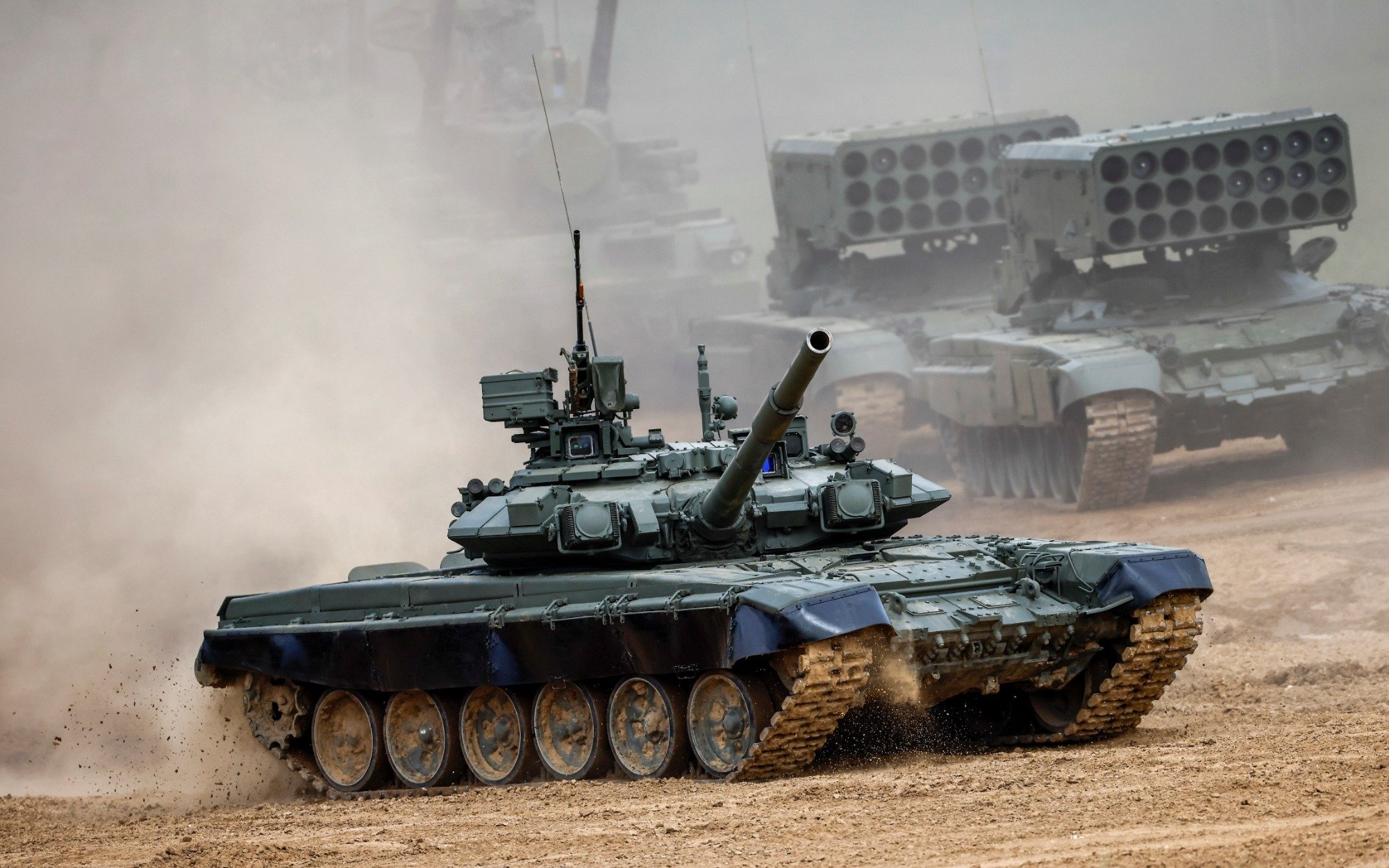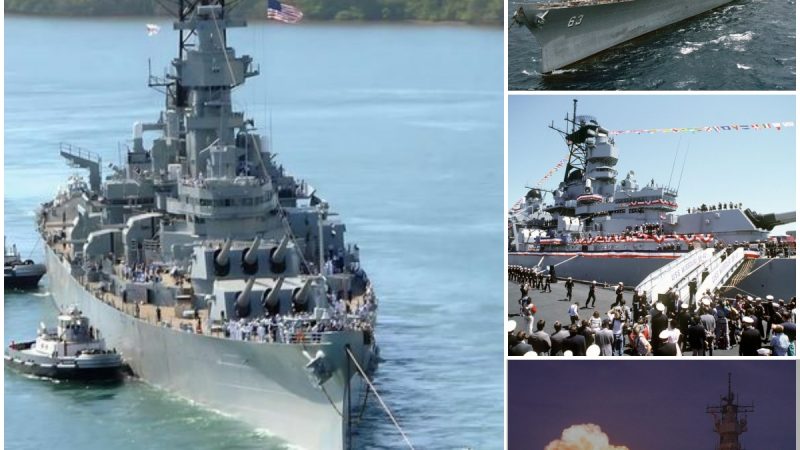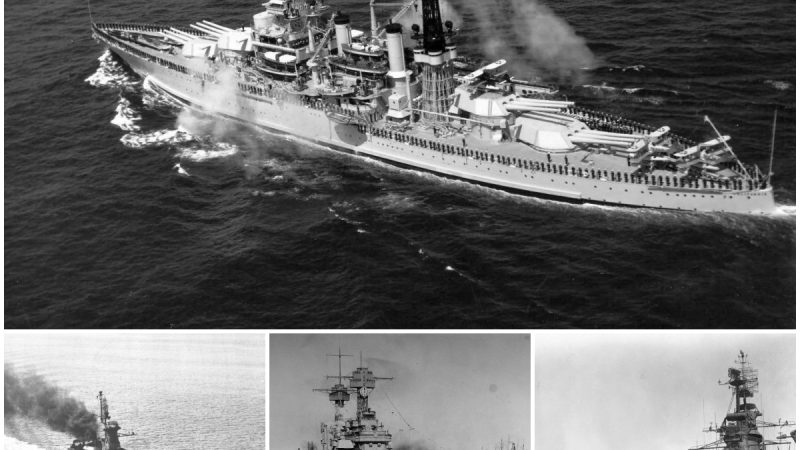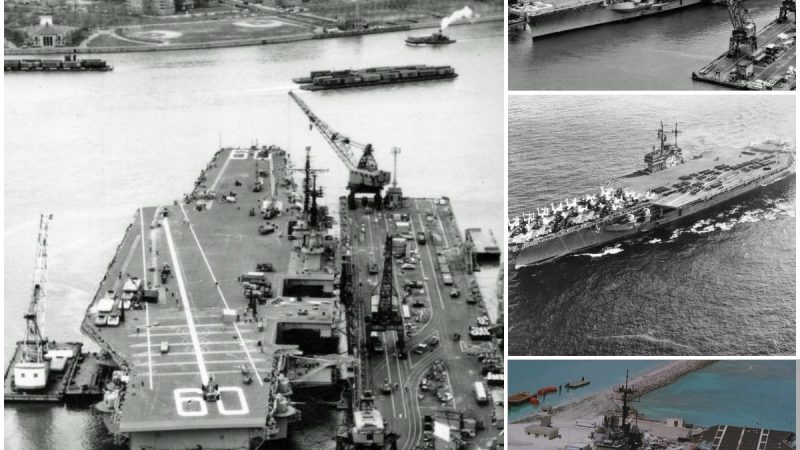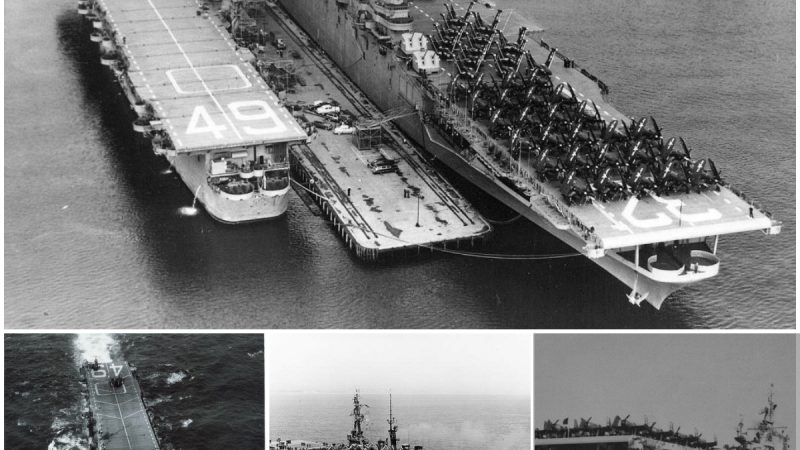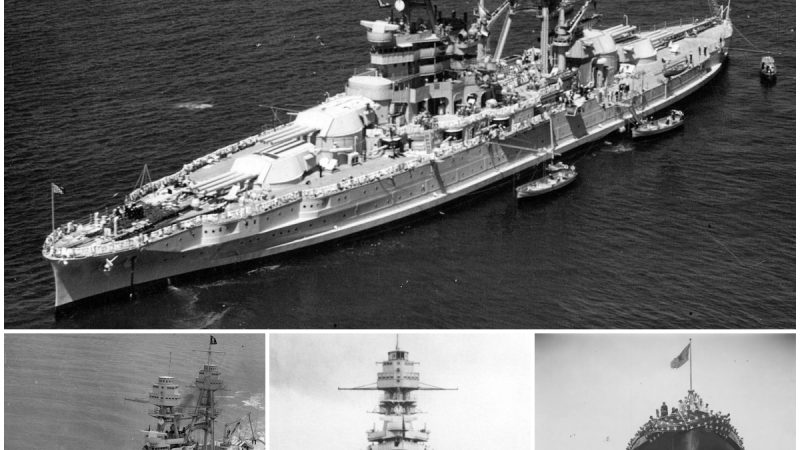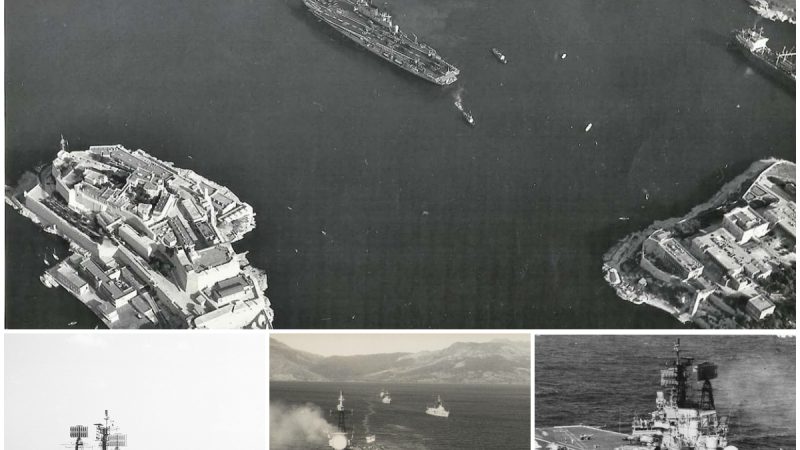
Hold on a minute. Are you telling us there is yet another upgraded Russian tank that has been improved for indigenous and export use? That’s right. The T-80 entered production in the late 1970s and numerous updates have made it somewhat popular among various armies around the world. But despite this uptake, the T-80 variants aren’t necessarily superior to the T-72.
The T-80 isn’t at the top of the ladder like the T-72 and T-90, but it has its uses, especially the modern variants. Some of these upgrades were not initially adopted by the Russians due to limited defense budgets after the Soviet Union collapsed. Belarus, Cyprus, Kazakhstan, South Korea, Syria, and Ukraine operate the T-80. The primary modern variant of the T-80 in Russia is the T-80BVM, released in 2017. Many thousands of the older T-80s are in storage. The T-80s have a gas turbine engine that had more difficult upkeep and maintenance issues compared to the diesel engines of the T-72.
By 2020, nearly 200 of the T-80BVs were upgraded to the T-80BVM variant. The T-80BVM has improved Relikt explosive reactive armor that is more effective against high-explosive rounds and sabot penetrators. Armored plates surround the tracks. Rear areas of the hull and turret are protected by cage armor.
The T-80BVM sports a 125mm 2A46M-4 smoothbore gun, which has a longer range (at least 1.2 miles) and more accuracy than older guns. This comes with the Sozna-U thermal sight. The autoloader holds 45 rounds, including modern Svinets-1 and Svinets-2 tungsten and depleted uranium sabot rounds. It can also fire Refleks anti-tank guided missiles with a range of about 3 miles. The missile can also be aimed at low-flying helicopters, but its accuracy against moving targets is not believed to be as high.
The gas turbine engine can generate a hefty 1,250 horsepower. Interestingly, this engine was originally a helicopter engine that was altered for use with tanks. The gas turbine engine is sometimes a bit faster than the diesel power plants of the T-72 and T-90 tanks. Maximum speed is 44 miles per hour with a range of 311 miles. This gas turbine engine costs more than the diesel models, but the T-90 is more maneuverable as a result. This engine can start regularly even when confronted by cold weather, which is an advantage with the tanks based in northern Russia.
Besides the engines, it is difficult to see what is so special about this tank. It has similar specs when compared to the T-72B3. The speed difference is not that great. The upgrade packages are similar to the T-72B3. The gun has only incremental improvements. The engine is more expensive, consumes a lot of gas, and is difficult to maintain. It would still be susceptible to an American Javelin anti-tank missile – launchers that have already been transferred to the Ukrainians. It seems that this tank should be relegated to cold weather regions and not current battlefields in the Donbas region.

